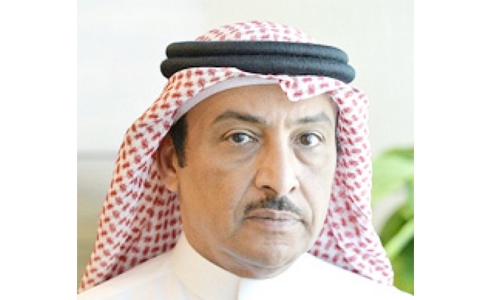New labor policy hits children of non-Saudi fathers
The children of Saudi women from non-Saudi husbands will not be considered as citizens in the Nitaqat program after the death of their mothers, the Labor Ministry has announced.
“These children carry Iqamas (residence IDs). The ministry considers them as Saudis as long as they are under the sponsorship of their mothers,” Deputy Minister Ahmed Al-Humaidan said.
When the mother dies, her offspring from a non-Saudi father will automatically lose the privilege of being Saudi citizens in the Nitaqat program, he said.
The deputy minister said the presence of these children in the Kingdom after the death of their mother does not concern the Labor Ministry.
“This is a matter that should be decided by the Interior Ministry,” he added.
There are 700,000 Saudi women who are married to non-Saudis, representing around 10 percent of the overall population, according to a Ministry of Justice report issued in 2012.
According to a 2011 report issued by the Ministry of Labor, Yemenis ranked first among foreign men who married Saudi women, followed by Kuwaitis, Qataris, Syrians, Emiratis, Egyptians, Lebanese, and Pakistanis. According to the report, eight Americans, seven Brits and Europeans, and three Turks married Saudi women in 2011.
A decree issued in 2012 gave Saudi citizenship rights to children of Saudi women married to foreign men. According to the decree, the state will pay for the residence fees of children who are half Saudis but from foreign fathers and will allow them to work in private sector companies. The children will be treated as Saudi citizens in education and medical care and will be included in the Saudization program in the private sector.
Meanwhile, the Labor Ministry said that efforts were being made to increase the recruitment of manpower from Bangladesh.
He said the recruitment of male workers from Bangladesh should not exceed 20 percent of the government contracts while the recruitment of women is unlimited.
Al-Humaidan said the ministry has halted all its services from the private establishments which are importing manpower from the countries from which recruitment has been banned.
The deputy minister said the nationals from the banned countries who are still working in the Kingdom will be deported when their contracts have expired.
Related Posts

